
Soda-tax
The incidence of obesity, diabetes and heart disease has exploded over the past couple of decades. Sugar sweetened beverages have been closely linked to this alarming trend. An estimated 180,000 deaths worldwide are attributed to soft drinks according to a 2013 report by the American Heart Association. Soft drinks are the largest contributor of added sugars to western diets.
180,000. That really is a staggering statistic. Another scary number is the medical cost related to obesity, estimated in 2009 at $147 billion per year in the United States alone. Presumably this number will only continue to climb.
Soft drinks are calorie dense
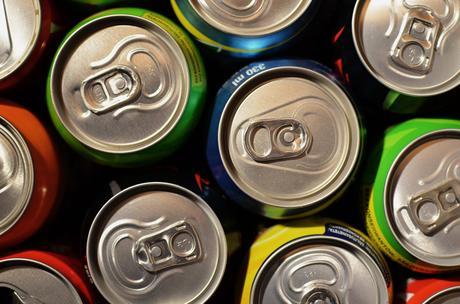
Soft drinks and soda tax
Soft drinks contain calorie dense sweeteners such as sucrose (or table sugar), the super nasty high fructose corn syrup, and a range of other juice concentrates. With it’s addictive nature and the sheer volume of added sugar we’re drinking it’s no wonder there is a strong relationship between sugar sweetened beverages and body weight.
Related: How much sugar are you drinking?
The associated increase in body weight, and heightened risk of obesity, delivers profound impacts on society - including extensive health care requirements and a reduction in productivity. So what do we do about it?
How do we limit consumption?
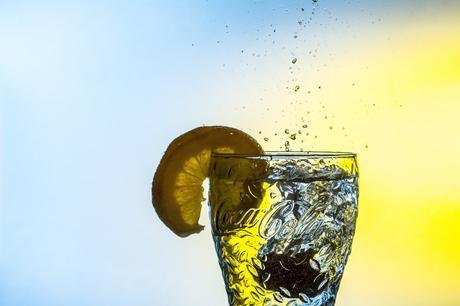
Many authorities have advocated for the introduction of a specific tax that targets the consumption of soft drinks. Some refer to this as a ‘fat tax’ or ‘sugar tax’. Yes, as you can imagine, a soft drink tax is a controversial topic. 33 states in America have already employed this excise tax (with a mean tax of 5.2%), as have countries such as Mexico, France, Finland and more recently the United Kingdom.
Related: Don’t Drink Soda – A Fast Way To Lose Belly Fat And Avoid Death
Detractors argue that clear evidence a tax will reduce how much sugar we are consuming or combat obesity is lacking. The 2016 UK decision to impose the tax was criticised roundly by drinks manufacturers, and one member of parliament in particular, Will Quince, categorised it as "patronizing, regressive and the nanny state at its worst.”
The concept of a sugar tax is highly controversial
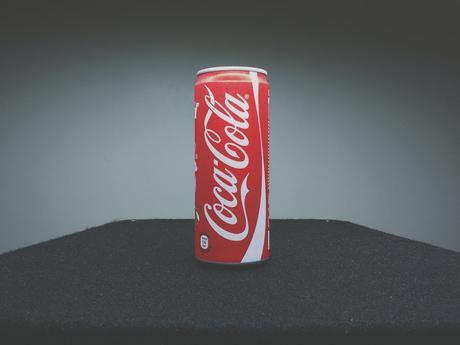
sugar tax
It’s no surprise that implementing such a surcharge sparks confronting opinions. The application of any tax should provide evidence of enhancement to social well-being, without jeopardising economic growth and compromising the freedom of individual citizens.
Proponents suggest the benefits of a tax on soft drinks are clear cut - a reduction in health care costs correlated with an increase in revenue that can be directed towards health and prevention. This sounds fine in theory. The taxing of tobacco or cigarettes provides a similar case study that appears to have been successful in deterring smokers.
Are non tax strategies a better approach?
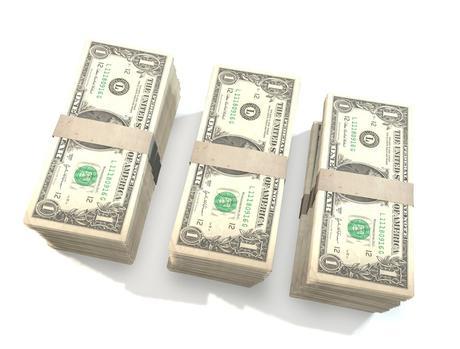
Tax or no tax?
Critics argue that non tax strategies are a preferable option, instead focusing on media and education programs alongside controls on portion sizes, marketing and sales. They suggest that a significant proportion of soft drink heavy users are blissfully unaware of the long term health risks. Further, they submit that a tax on soft drinks does not necessitate a corresponding increase in sales prices, or will be sufficient to divert customer purchases.
Food for thought I suppose. I guess the best question to ask is ‘are soft drink taxes working?’
Article: How To Burn Belly Fat Fast… Don't Skip Meals
Regardless of the number of countries or states employing this tactic, the question is a difficult one to answer without getting a view doused in political wrangling. Instead let’s look at what a couple of research trials have concluded.
What does the research say?
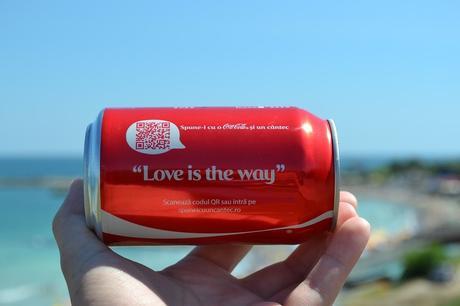
Soda tax research
A study published in the Archives of Internal Medicine in 2010 followed over 5,000 adults aged between 18 and 30 from 1985 to 2006. The results suggested a 10 percent tax on soda led to a 7 percent reduction in calories from soft drinks. That sounds promising. Further, the scientists suggested raising the tax to 18 percent may result in 5 pounds of weight loss in a single year. This was based on a 56 calorie reduction in daily intake.
A similar 2010 study from the medical journal ‘Health Affairs’ found that small taxes do little to constrain soft drink intake, or minimise obesity. That’s not great news for America’s 5 percent mean tax rate. However, the authors concluded that a hike in tax may provide a significant change in consumption.
Related: The Fastest Way To Lose Weight Is Staying Hydrated… Maybe
Finally, a study from Duke University suggested that even 20-40 percent tax rates would not alter calorie intake significantly. Researchers concluded individuals would simply switch to alternative beverages that, while untaxed, were equally calorie dense.
Ok, it seems the researchers cannot agree either. We shall have to wait and see how it all plays out in the long run!

